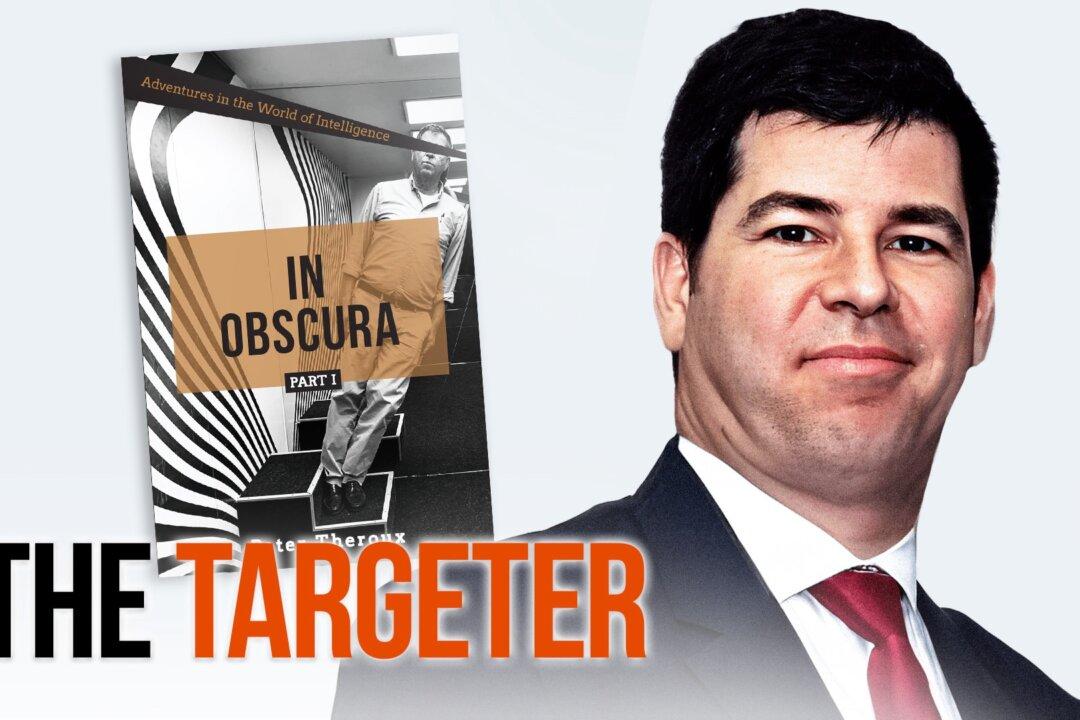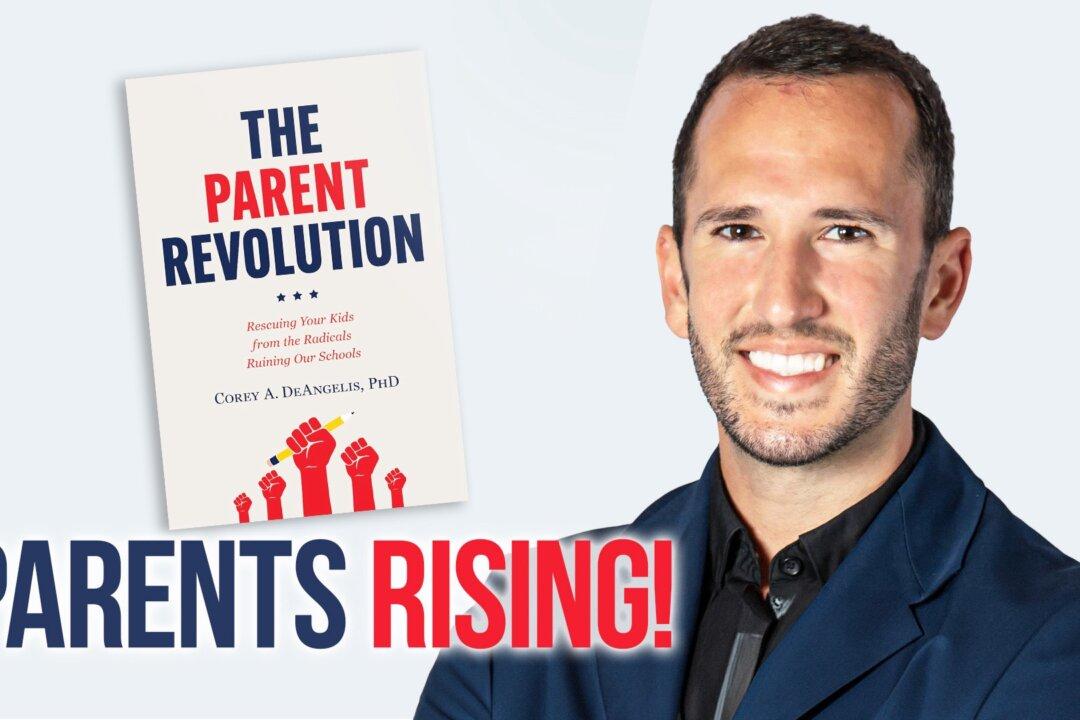Commentary
The Chinese Communist Party (CCP) is at war with the United States, although the bulk of our political and military leadership doesn’t see it. According to retired U.S. Brig. Gen. Robert Spalding, that’s because they’re not trained to understand how the CCP has combined its economic, military, diplomatic, technological, and communications capabilities to wage unrestricted warfare against us, its principal enemy.





